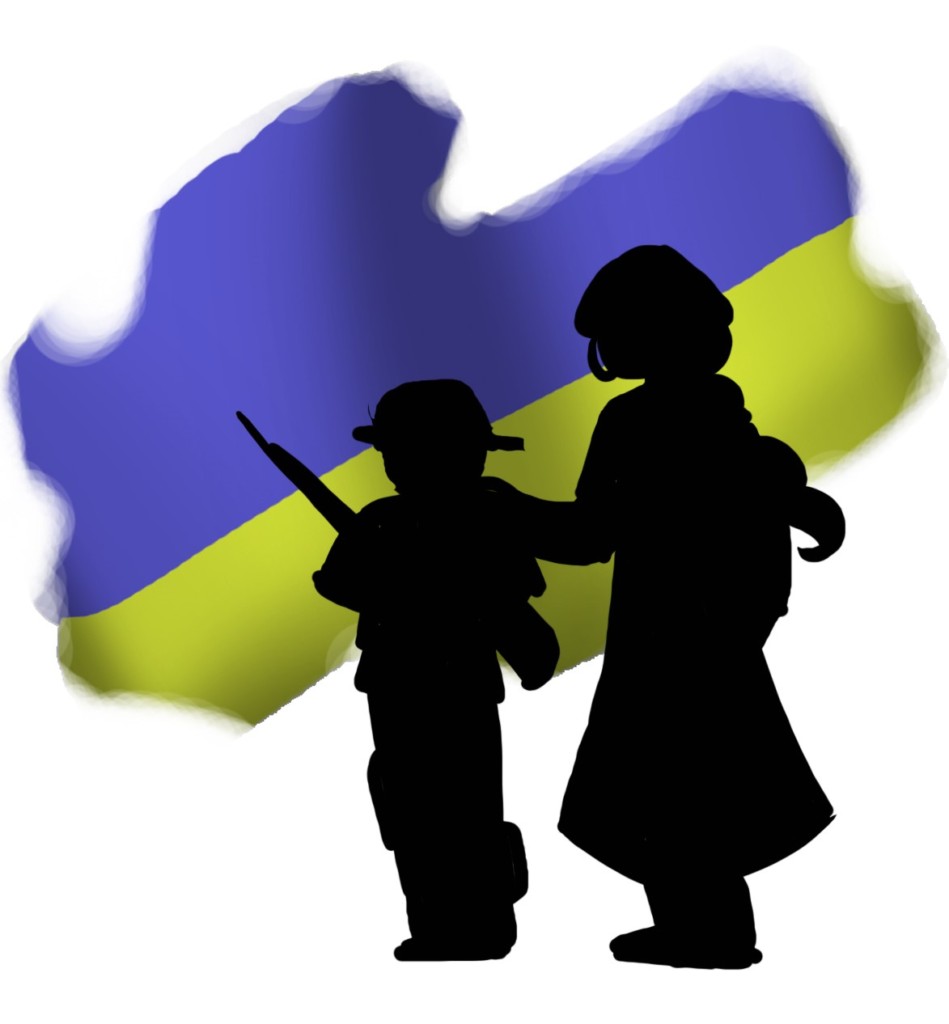
Facebook will now allow limited praise for the Neo-Nazi Azov Battalion
The knock-on effects hitting the media and economic worlds
By Matthew Fraser, Editor in Chief
On March 11, CNN Business reported a change to Meta Platforms’ hate speech rules which would allow users of Facebook and Instagram “to call for violence against Russians and Russian soldiers in the context of the Ukraine invasion.” Though the change will not shield users from making calls for violence against non-combatant Russian civilians, it will allow for users to call for the death of Vladimir Putin and other Russians “in the context of the invasion” as well as against Russian soldiers.
Notably, the change is set to be temporary and only applicable in the regions of Armenia, Azerbaijan, Estonia, Georgia, Hungary, Latvia, Lithuania, Poland, Romania, Russia, Slovakia, and Ukraine.
In addition to the changes to its hate speech rules, Facebook will now allow limited praise for the Neo-Nazi Azov Battalion. According to a February 24 report from The Intercept, the Azov Battalion “functions as an armed wing of the broader Ukrainian white nationalist Azov movement.” Though the group began as a volunteer militia to fight Russian incursions, they formally joined the Ukrainian National Guard in 2014.
In 2019, the Azov movement was formally banned from Facebook and quickly given the “Tier 1” designation held by groups including the Ku Klux Klan and the Islamic State. Though The Intercept reports that the group will not be permitted to use the platform itself to post statements or recruit, other Facebook users may highlight the efforts of the group in a positive manner. Examples given include: “Azov movement volunteers are real heroes, they are a much-needed support to our national guard.” However, posts that openly acknowledge the group’s white supremacist nature like: “Well done Azov for protecting Ukraine and its white nationalist heritage,” will not be permitted.
In response to the changes made by Meta and the companies it owns, the Russian Embassy in Washington released a statement. As reported by Reuters, part of the statement read: “Meta’s aggressive and criminal policy leading to incitement of hatred and hostility towards Russians is outrageous. The company’s actions are yet another evidence of the information war without rules declared on our country.”
In response to these changes, Russia’s lower house of parliament—known as the State Duma—announced it would appeal to the prosecutor general’s office to block Instagram in the nation. Alexander Khinshtein, the head of the information policy and IT committee stated: “If this is true, then of course Instagram should be blocked in Russia after Facebook.” These actions would mirror Moscow’s recent crackdown on Twitter.
South Carolina Sen. Lindsey Graham was seen to be encouraging the assassination of President Vladimir Putin by tweeting: “Is there a Brutus in Russia? Is there a more successful Colonel Stauffenberg in the Russian military?” As NPR reported on March 4, the senator was referencing the man who assassinated Emperor Julius Caesar and the German Lt. Col. Who attempted to kill Hitler in the early 1940s.
The remark elicited bi-partisan pushback with Congresswoman Ilhan Omar tweeting: “I really wish our members of Congress would cool it and regulate their remarks as the administration works to avoid WWlll.” On the Republican side, Ted Cruz tweeted: “This is an exceptionally bad idea.” Additionally, UK Prime Minister Boris Johnson pushed back by saying that Putin should be held responsible in the International Criminal Court on charges of war crimes.
In a shocking blow to Russian consumers, companies as wide-ranging as McDonald’s, Starbucks, Nike, Ikea, Volkswagen, Toyota, Apple and more have pulled out or temporarily halted operations in Russia. However, the Russian government has indicated a willingness to confiscate assets or even nationalize a company’s regional operations. On March 10, The Guardian reported that Putin said “There are enough legal and market instruments for this.” These market movements contribute further to the impending economic consequences Russia faces. Reuters reported on March 10 that the Russian economy is projected to contract by approximately 15 percent this year as a result of the sanctions applied. However, the Institute of International Finance suspects that Russia’s relatively small economy and longstanding efforts to insulate itself from the global financial market may protect the rest of the world markets from serious negative effects.

